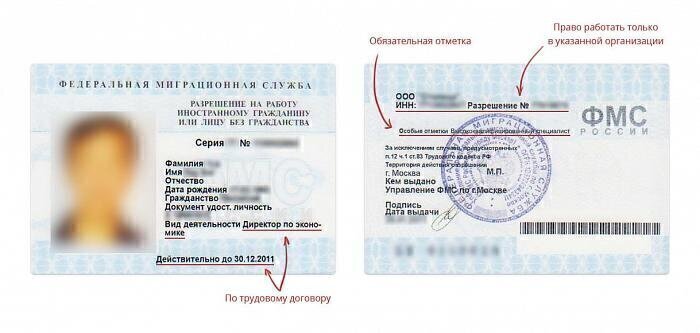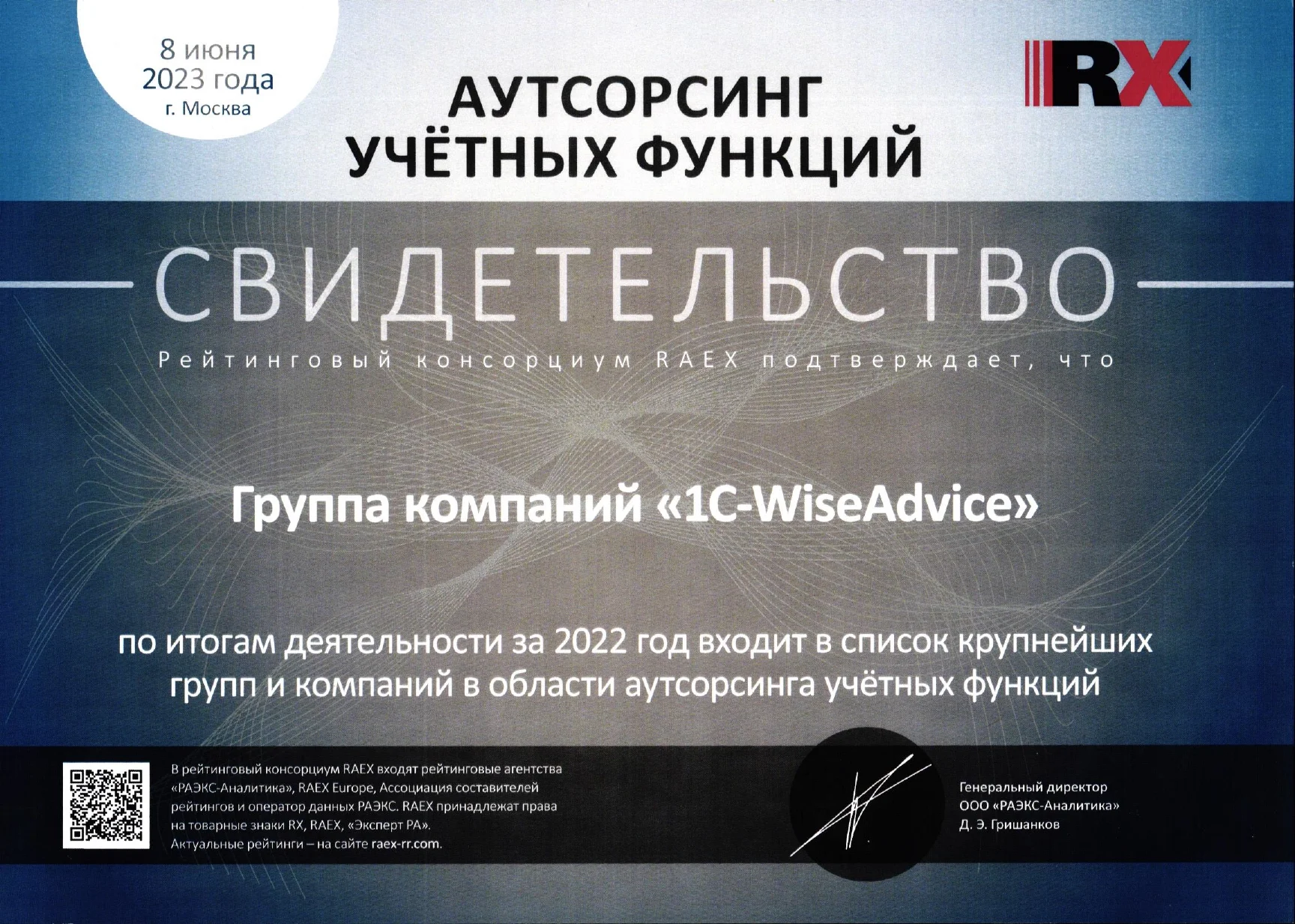Company Blog

The most frustrating mistake which almost all foreign companies operating in Russia make is their ignorance of the subtleties of Russian labour law and their unwillingness to familiarize themselves with it. Foreign executives tend to apply foreign standard HR practices on Russian soil. This is where the basic problem lies.

We often encounter situations where a host of mistakes have been made in documenting new employees. As a result, the parent company faces substantial financial losses. It does not matter whether the contract has been concluded with a foreign worker or a Russian citizen.

Why do companies resort to hiring foreign staff members? Firstly, they headhunt foreign citizens and highly qualified specialists to apply cutting-edge management techniques from abroad. In many instances, such foreigners are recruited by representative offices, branches and subsidiaries of non-CIS entities.

According to Article 20 of the Labour Code of the Russian Federation , the employer shall be an individual or a legal entity entering labor relations with the employee. Also another subject empowered to conclude labor contracts can act as an employer.

Our clients – representative offices of foreign companies – often ask the following question: what advantage does an employee accreditation in the Chamber of Commerce and Industry have over the highly-qualified foreign specialist (HQFS) status? We prepared some useful information to make it clear for you.

What gift to select for clients for the New Year? Hundreds of companies face this question every autumn. Not so 1C-WiseAdvice! Donating our New Year's budget to charity, sharing joy and happiness, fulfilling dreams - all this has become a great New Year's tradition for us and our clients!

The representative offices of foreign companies operating in Russia can achieve substantial savings on office rent and accommodation for their employees.<br> Although foreign representative offices lack the status of independent economic entities (that is, they are not engaged in business activities designed to generate profit), Russian tax legislation affords them tax benefits. However, they do not enjoy these benefits directly; instead, they accrue to their landlords.

It is believed that the representative office of the foreign company can only have a ‘representative’ function but it can not do business on behalf of the parent organization. Meanwhile the foreign company can establish a separate business unit for either commercial or supporting/preparatory activities. Tax consequences depend on the conducting business method.

Taking into account the modified accreditation regulations, all representative/branch offices of foreign companies accredited in the Russian Federation were obliged to obtain re-accreditation in the Federal Tax Service Inter-District Bureau No.47 for Moscow. It was related to the State Registration Chamber (SRC) abolition and the handover of accreditation and re-accreditation of representative/branch offices to the Federal Tax Service (FTS) of Russia.

The decision of Moscow City Arbitration Court concerning the dispute between Oriflame Cosmetics LLC and the Department of the Federal Tax Service of Russia for Moscow (case No. А40-138879/2014) stood the appeal.

Make provision for a rainy day but in good time’ is true for Russia. As we speak, many people are thinking of the place for the New Year holidays. The Government of the Russian Federation has already approved the public holiday calendar for the next year: 1-10 January, 2016 are non-working days.

Heads of foreign representative offices are often reimbursed for rent expenses, the use of a personal vehicle, etc. On the one hand, in the eyes of the government, such reimbursements constitute income and must be taxed (personal income tax). On the other hand – there are legal ways not to pay this tax.

Since the function of accreditation of representative / branch offices of foreign companies was transferred to the Federal Tax Service Inter-District Bureau No.47 for Moscow, the number of applications for accreditation rejected for formal reasons has increased.

Our calculations are best for the foreign employees who have the status of a person temporary staying in the Russian Federation. If the foreign employee has the temporary resident status, the salary tax savings (or increase of the income) can be not 24 %, but 5 %. In any case, this is quite good too. However, these provisions are absolutely not applicable to the employees who have the permanent residence permit or Russian citizenship.

During last six months of year 2014 the exchange rate of the Russian Ruble spiraled downward; in the mid-December (on the so-called Black Tuesday), the Ruble has been named as the most unstable national currency in the world.

In the near future, perhaps the most significant new development for “multinational” businesses operating in multiple countries including Russia is the introduction of several legal norms intended to combat illegal trans-border tax optimisation schemes.
for blog

